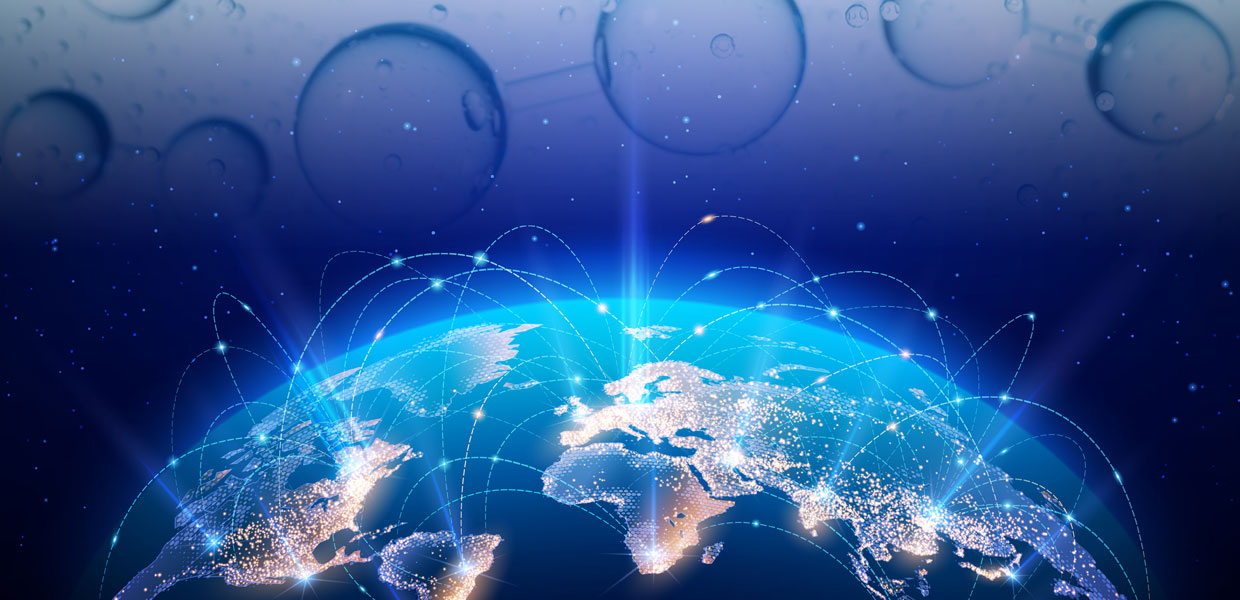
H2 Twin Cities is a global initiative that connects cities and communities around the world to deploy clean hydrogen solutions.
Through H2 Twin Cities, two or more cities can apply to receive support to share ideas, mentor and learn from each other, and build a community of hydrogen best practices, particularly at the city and municipality level.
H2 Twin Cities is under the Clean Energy Ministerial (CEM) Hydrogen Initiative, with support from multiple CEM country members and other global hydrogen partnerships, including the International Partnership for Hydrogen and Fuel Cells in the Economy, Mission Innovation, and more.
CEM aims to host this targeted program annually to build strong ties and a community of practice for leaders and implementers from cities, industry, government, and a broad group of stakeholders to accelerate hydrogen deployments and user acceptance.
Learn about the winners from the latest H2 Twin Cities program round.

H2 Twin Cities Teams Showcase Webinar
Who Should Apply
The goal of the latest program round of the H2 Twin Cities initiative was to establish Mentor-Mentee pairings to enable a wider dispersion of information and facilitate the relationships needed to establish global hydrogen infrastructure and technology adoption.
- Mentors: Communities who are already front-runners in hydrogen deployments to showcase success stories, best practices, and lessons learned.
- Mentees: Cities committed to meeting climate goals and interested in hydrogen and fuel cell technologies but lacking resources and experience to realize these deployments.
H2 Twin Cities is incentivizing partnerships between these cities to connect worldwide activities where hydrogen and fuel cell technologies have the greatest potential for energy, environmental, and economic benefit.

